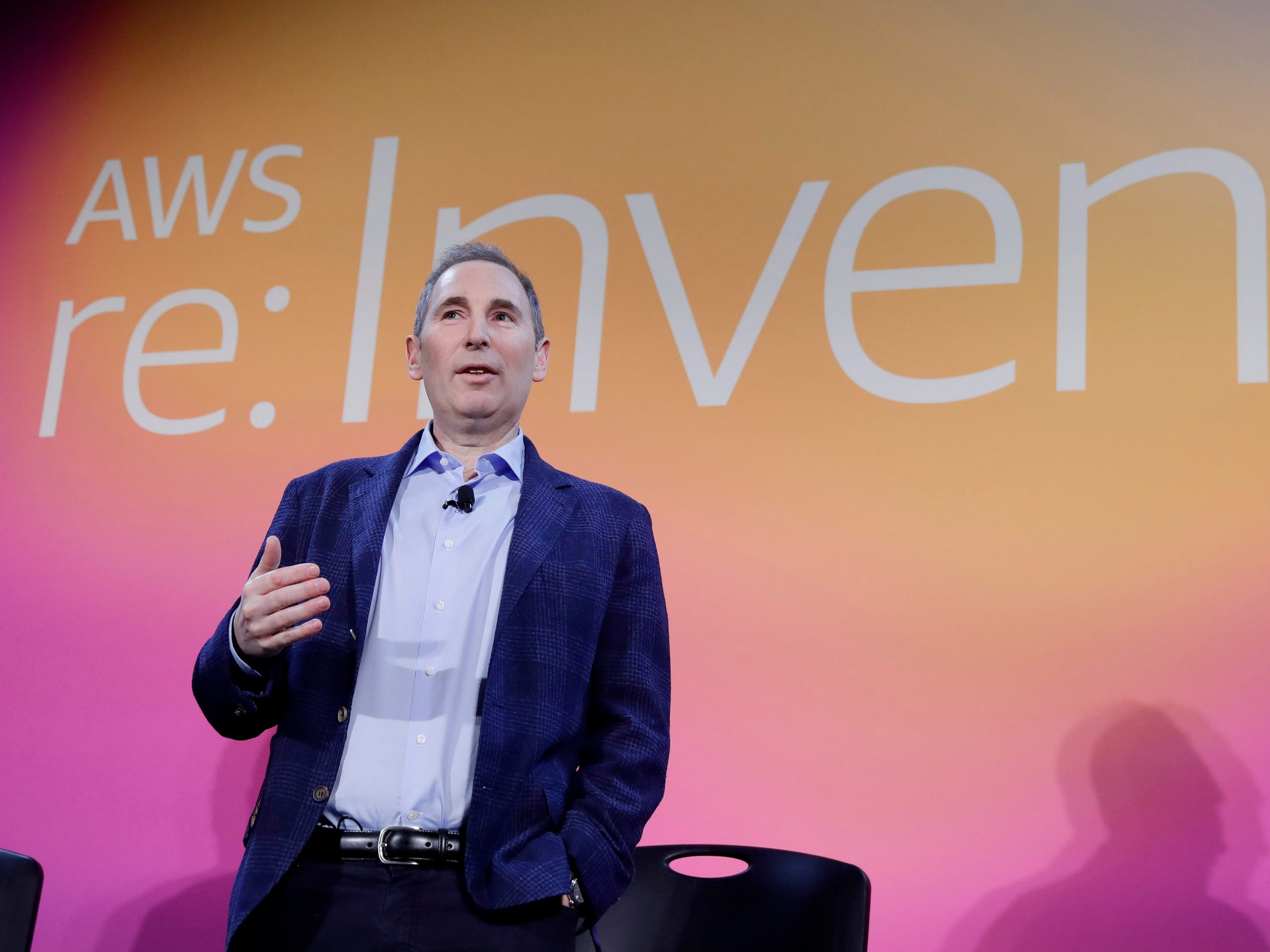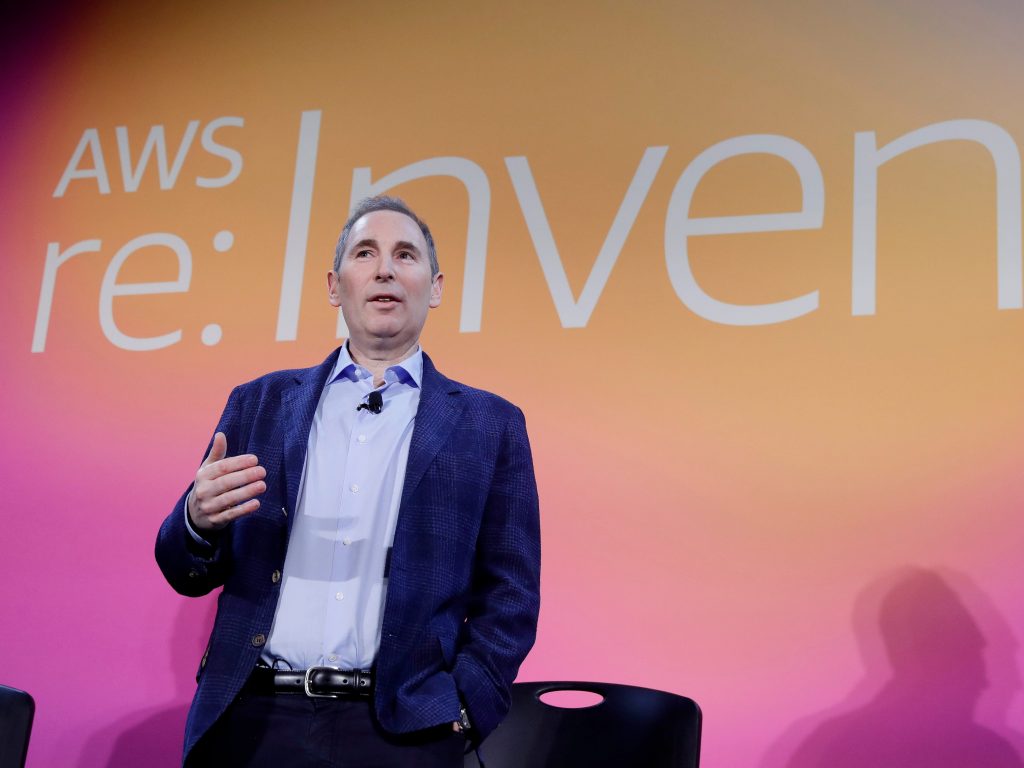
- Amazon historically likes to hire "missionaries" over "mercenaries," or employees driven by pay.
- But employees are becoming frustrated by what they say is low compensation and slow stock vesting.
- It's led to contentious internal meetings and high attrition at the vice president level.
Amazon employees are reaching a breaking point over the company's longtime hiring and pay strategy.
Insider reported on Wednesday that the e-commerce giant is facing criticism from employees over what they see as below-market pay. It's led to contentious internal meetings and a higher-than-usual attrition rate: at least 50 vice presidents left the company in 2021, according to people familiar with the matter and Insider's analysis.
Amazon has historically sought out employees who are passionate about the company's mission rather than driven by high pay. Company executives have referred to this hiring strategy as targeting "missionaries" over "mercenaries." In the past, this strategy has helped Amazon retain employees, despite the fact that they could make more money at other tech companies. Amazon pays roughly 15% less than its industry peers and doesn't rank among the 20 best-paying tech companies, according to Level.fyi, a startup that analyzes compensation data.
But in 2022, working at Amazon is more challenging than ever, and the "Great Resignation" is leading to more open positions and competition for talent. Other tech firms are attempting to lure Amazon employees with a higher base salary — Amazon's is capped around $160,000 — and stock that vests more quickly.
In an internal survey conducted over the summer, half the employees who were considering leaving Amazon cited low pay as one of the main reasons, up from about one-third in the previous three years.
The situation is fraught at the VP level as well. One Amazon employee, who spoke with Insider on the condition of anonymity in order to discuss sensitive topics, said the company's pay band for vice presidents in 2020 ranged from about $1 million to slightly over $2 million — that salary was around half the market rate, the person said.
But leadership at Amazon implied that vice presidents who asked to be paid well over $2 million were "mercenaries" and that Amazon didn't want those types of employees, this person said.
"The pay issue is absolutely a big concern," a senior manager at Amazon told Insider. "Amazon is a demanding place to work, but tied in with pay, that makes it a very difficult place to stick around."
An Amazon spokesperson declined Insider's request for comment on the pay issues.
